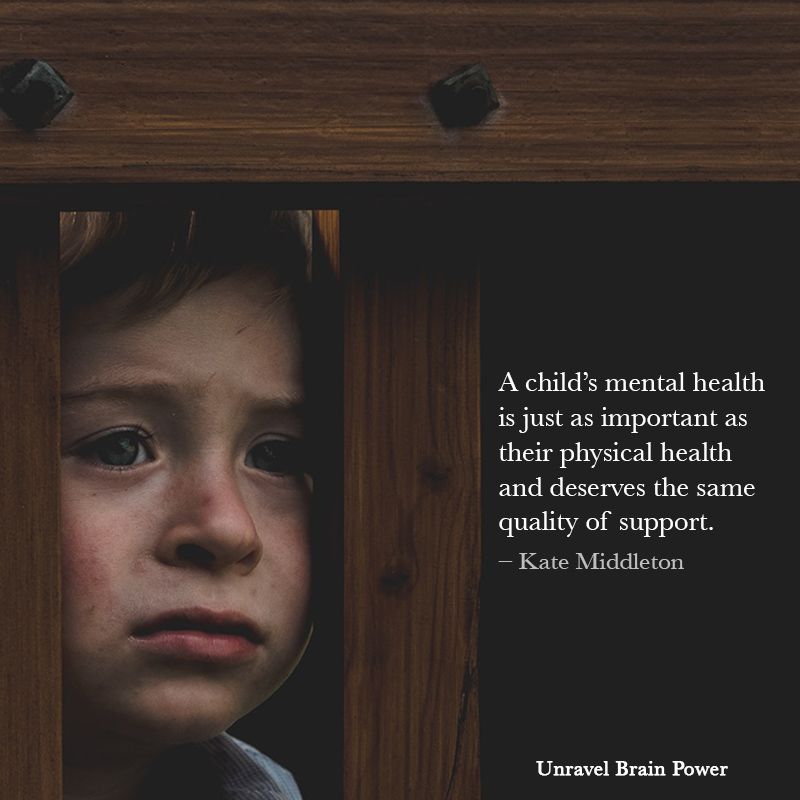Letting kids grow through risky play.
Written By: Michele Carlson- Community Education Director
Last fall, I went on a trip up north to Canada to visit my grandson. We wanted to be outside as the weather was spectacular so we went to his school he could show his school to us and play on the playground.
It was fairly busy with neighborhood kids enjoying the weather at the playground since winter was just around the corner. My husband and I did a walk around with our grandson so he could show us the sliding rock and the huge sandbox as well as some of his favorite places in the tree filled playground. Once we had gotten the whole tour, we took a seat on the bench and watched him play with other children. Every child had an adult in attendance. Most adults walked around behind the kids and I heard a lot of , “Be careful.” “Don’t do that. You might get hurt.” Also, I heard a lot of rule telling such as, “Don’t go up the slide that way”. “Don’t throw sand.” There were lots of directions yet not much conversation.
In that I work with kids ages 3-11 daily, I find it interesting to see adults interacting with children. Especially, since lately, we have been having a lot of chats in the office about the lack of opportunity for children to have “risky” play. You may remember that sort of play from when you were a child. Activities such as climbing trees, riding bikes, and running through the woods having a make believe battle. Those were the days when you could arrive home for dinner with mud on your face, a skinned knee and dirt under your fingernails, and your parents would simply say, “Wash up for dinner.”
For many reasons, parents are now uncomfortable giving children the freedom to experience this type of play. In our efforts to keep kids safe, we have taken away a part of their childhood. In place of building forts and making mud pies, adults have put organized sports, music lessons, and tutoring in the lives of their kids. In this process, we have taken away children’s abilities to make choices for themselves. They rarely get to decide what to do when they walk outside to play. Mental health professionals will tell you people who have no control of their lives are the ones who live with the highest amount of anxiety. We are currently seeing the highest rates of anxiety in children than we have ever seen before. Coincidence? Probably not.
You may have noticed a significant rise in the number of preschool programs offering outdoor classes. This is likely a response to try to give children back some of the freedom they have been missing in their lives. The funny thing is adults created a new program to make this effort rather than give kids back time and freedom to choose what they’d like to do. Seems sort of ironic to me.
So what can we do? There is a pretty good chance that your child doesn’t know how to go outside and fill time without saying they are “bored”. Keep encouraging them to be outdoors. Take a walk and show them the amazing things you notice in the world like worm tracks in the mud, or animal tracks near your house. If you are lucky you may even find some scat to figure out what kid of animal left the tracks. Spark the passion of curiosity in your child to learn from their own environment. Let them look around (away from all screens) to see what intrigues them about the world. Model your own love of risky play by having a sword fight with sticks you find outside or challenging your child to see who can throw rocks to hit a nearby tree, or smash some berries without worrying if your shirt will get stained. Take those first steps. I promise you won’t regret it. See you outside!
Want to learn more about outdoor or risky play? Look for Free Range Kids online or in book form. Read Rae Pica’s book What if Everybody Understood Child Development? There are many resources in the chapter called Bubble Wrapping Not Required.










